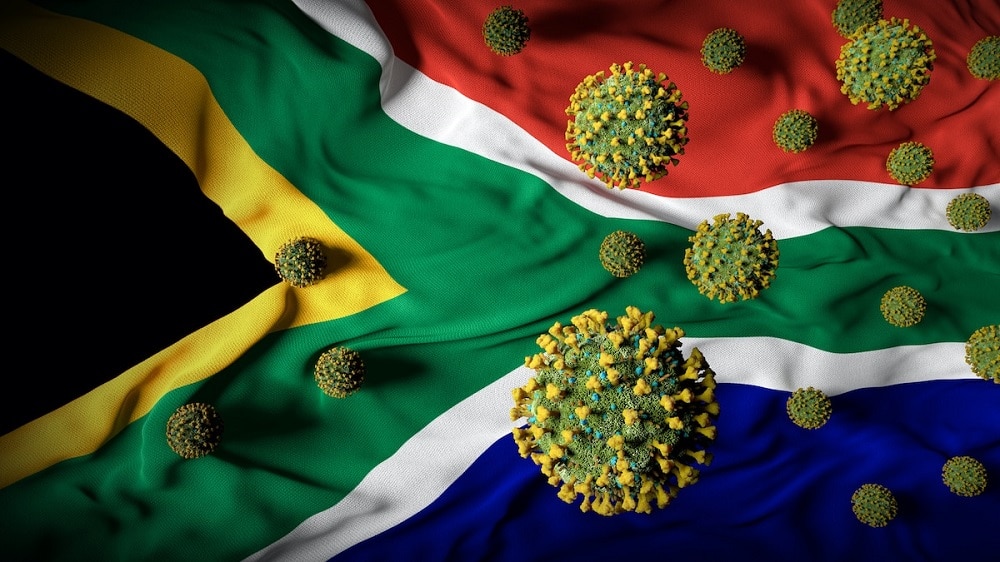South African researchers earlier this week identified what is now being described as the ‘worst ever’ Coronavirus variant to date, sparking fears that it could cause more damage than any other known strain of the viral infection.
Known as ‘B.1.1.529,’ South Africa’s Network for Genomic Surveillance (NGS) identified the new variant through genomic sequencing of hundreds of samples taken from all over the country.
According to details, the NGS has detected more than 50 mutations in the B.1.1.529 strain, of which 30 have been observed on the virus’ spike protein, the part of the virus that attaches to the cells to spread in the body and that all COVID-19 vaccines target to neutralize the virus.
Since its spike protein is significantly different from the one in the original Coronavirus strain that all COVID-19 vaccines are based on, B.1.1.529 strain could easily evade the immunity offered by all existing Coronavirus vaccines.
Some of the dangerous mutations observed in the B.1.1.529 variant include P681H, N679K, N501Y, P681H, and D614G. These mutations are known to increase the transmissibility of the virus and its ability to evade the protection given by existing vaccines.
While these mutations have been detected individually in different strains previously, it is the first time they have been observed together in a single variant, which could have serious implications on the transmission of Coronavirus and the protection offered by current vaccines.
The NGS has not yet been able to successfully trace the origin of the B.1.1.529 strain but South Africa’s National Institute for Communicable Diseases (NICD) believes the variant may have originated from a chronic infection in an immunocompromised person who wasn’t able to beat the virus.
Most of the cases of B.1.1.529 variant have been detected in South Africa’s province of Gauteng, with over 90% of these cases being attributed to the newly identified strain.
Besides, B.1.1.529 has also been detected outside of South Africa. Botswana and Hong Kong have reported several cases of strain in travelers coming from South Africa.
The UK has already banned direct flights from South Africa and neighboring Namibia, Botswana, Zimbabwe, Lesotho, and Eswatini in a bid to prevent the transmission of B.1.1.529.
Meanwhile, the World Health Organization (WHO) is set to meet later today to discuss what impact the detection of the B.1.1.529 variant could potentially have on the ongoing fight against the Coronavirus pandemic.






















akhir kab tak Covid 19 chaly ga. itni to medical science ne taraqi nhin ki jitni covid 19 ny ki.